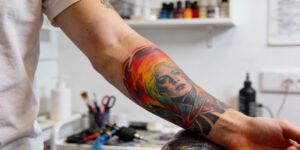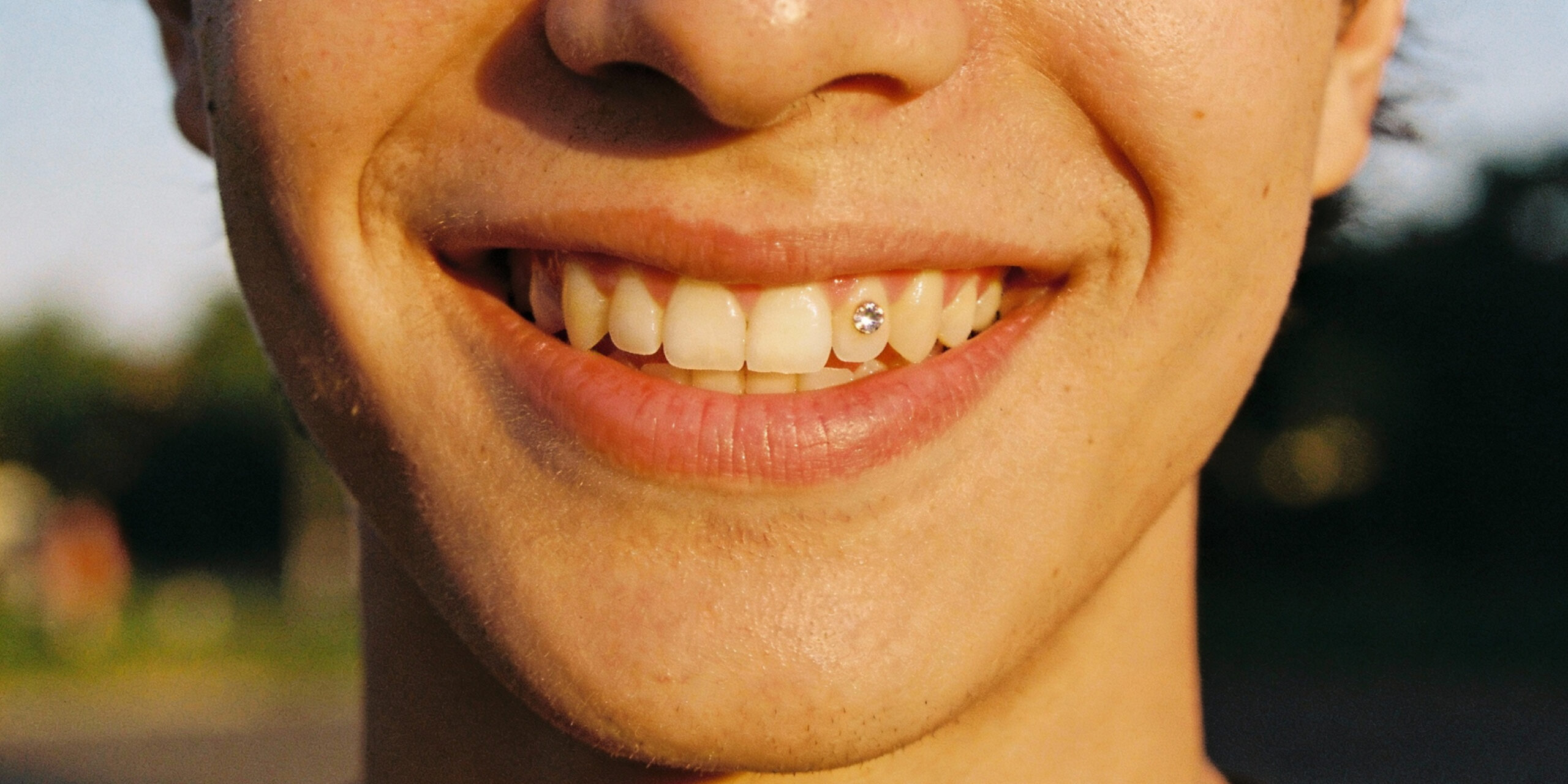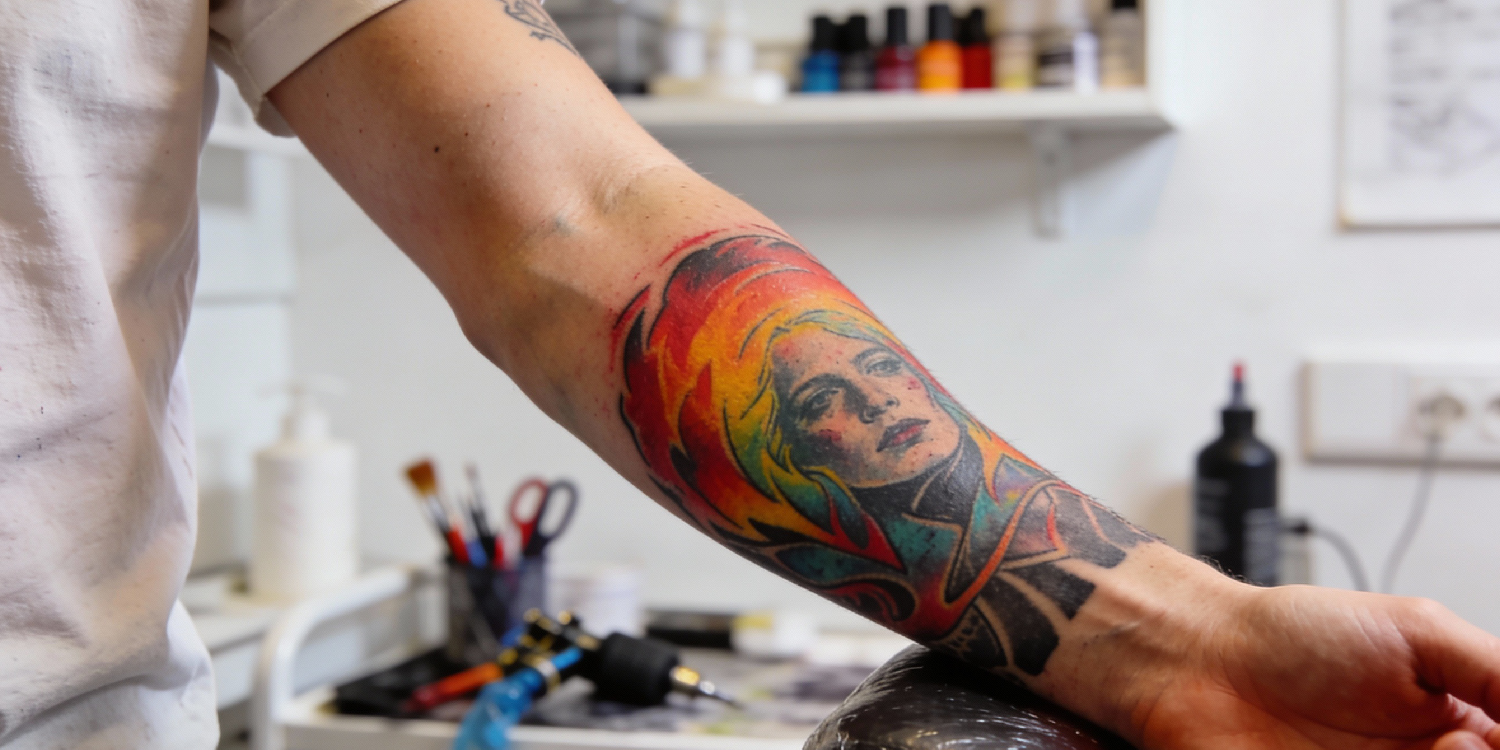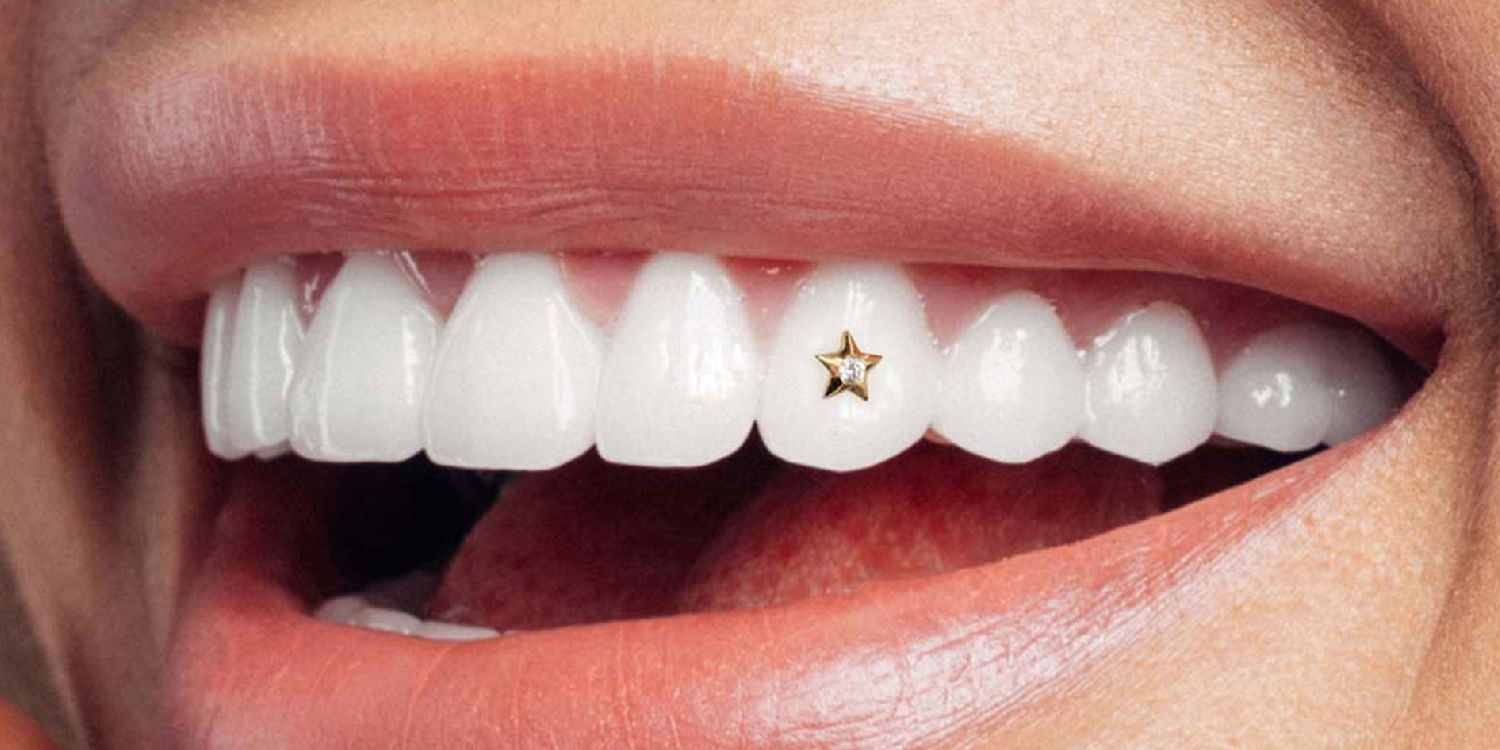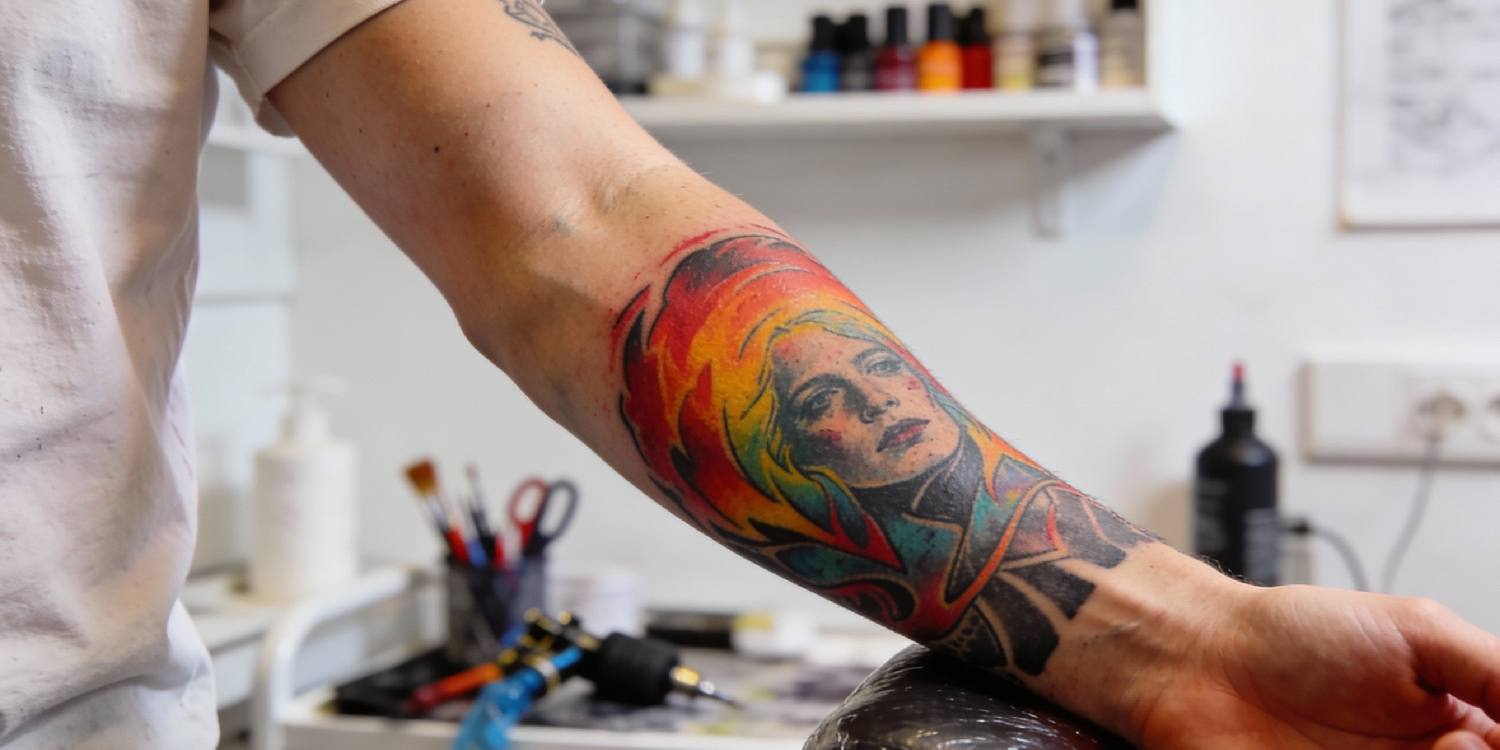The world of tattoos was often considered taboo or linked to rebellion. However, there has been an amazing change in recent decades. Tattoo shops today are a mix of art, culture, and personal stories. They have transformed from niche enterprises catering to a select audience to achieving broad recognition and acceptance. These spaces are cultural hubs where people from diverse backgrounds gather to express their thoughts. Modern tattoo studios are typically supervised by skilled professionals and run by exceptionally talented artists.
When selecting a tattoo shop, it’s essential to consider more than just location or cost; factors like safety, style, professionalism, and trust are also important. A quality tattoo studio delivers more than ink; it crafts an unforgettable experience for you.
There are many types of tattoos nowadays. In some cultures, tattoos are sacred symbols that have been passed down through generations. Some people use them for healing, medical, or cosmetic reasons. Tattoo shops have changed to deal with this diversity. They provide options ranging from traditional tribal designs and spiritual motifs to realistic portraits and cosmetic tattoos.
Understanding the tattooing experience is important as tattoos become more popular among people of all ages and backgrounds. Whether you’re getting your first tattoo or adding to an already extensive collection, this blog will guide you through the process. So, if you’ve ever wondered about the meaning of a tattoo or wanted to know what it takes to get one yourself, you’ve come to the right place.
Tattoo Shops – What to Expect Inside
Visiting a tattoo studio for the first time may be an exciting and stressful experience, especially if you’re new to the world of ink. Being aware of what’s going to happen can help you relax and enjoy the experience to the fullest. Most tattoo shops today are clean, professional, and polite, which keeps customers safe.
The Atmosphere and Ambiance
The first thing you’ll notice is the atmosphere of the place. Every tattoo shop has a distinctive style that often reflects the personalities and creative abilities of its artists. Some studios are minimalist and gallery-like, with white walls and framed tattoo designs, while others may have bright artwork or antique furniture. Professional tattoo shops are well-organized and clean. You may also find portfolios displaying the work of the tattoo artists. These help clients browse different styles and get inspired.
Cleanliness and Safety Protocols
A respected tattoo shop, such as Colibri Tattoo & Piercing, is known for its dedication to hygiene. Most tattoo stations are separated or divided to ensure privacy and hygiene. Artists wear gloves, and the equipment is either disposable or thoroughly cleaned. Don’t be afraid to ask about sterilization procedures; it is better to be safe than sorry.
The Consultation Process
Many tattoo studios offer an initial consultation. The artist will talk about your ideas, budget, and preferred style. They may draw a rough sketch of your design or show you their previous work. This step is required to ensure that you and the artist understand the design specifics before any tattoo work begins. Even if the consultation at a walk-in shop is short, the artist will still ask about your style choices and guide you through the process.
Questions to Ask Before Getting Inked
Getting a tattoo is a huge decision because it is a permanent piece of art. If you have any questions, you should clear them promptly, especially if this is your first tattoo. Communicating with your tattoo artist through questions makes you feel comfortable and secure when getting a tattoo.
Is the Tattoo Shop Licensed and Certified?
You should first make sure that the tattoo shop has the necessary licenses and follows all applicable health codes in your area. The license standards vary by location, but they typically involve health regulations, sterilizing measures, and artist qualifications. A certified tattoo shop is much more likely to follow the highest standards. This reduces the risk of infection or side effects.
What Safety and Sterilization Practices Do You Follow?
Tattoo shops should use sanitized and single-use needles and disposable gloves. Workstations should be carefully cleaned between sessions, and ink should be emptied into disposable caps. You can ask to see how they set up their instruments before the session. A reputable tattoo shop takes pride in showcasing its high levels of hygiene. Ultimately, maintaining cleanliness is not just a question of appearance; it is also a moral and legal duty.
How Much Will It Cost—and What’s Included?
Tattoo prices can vary greatly depending on the size, complexity, colours used, and the artist’s skill. Certain tattoo shops have fixed rates for particular sizes or styles, while others charge hourly prices. Ask for a detailed quote and find out if the cost covers touch-ups and aftercare products as well, or only the design process. Avoid looking for cheaper tattoos. It is better to prioritize better quality, hygiene, and expertise.
Tattoo Shops – Promoting Self-Expression and Art
Tattoos today are much more than just ink on your skin. They are a powerful means of self-expression and a dynamic art form. Every tattoo tells a story, from detailed mandalas and strong tribal patterns to delicate florals. Tattoo shops are at the core of this deeply creative experience. They transform ideas and emotions into everlasting art.
Many people use tattoos to express their ideas, experiences, hobbies, and even challenges. There are many kinds of tattoos, from realistic pictures of loved ones to abstract designs that represent a person’s growth.
Tattooists often specialize in certain styles like neo-traditional, realism or surrealism, build portfolios, and go through extensive training. The level of expertise, dedication, and accuracy needed to successfully apply these techniques is similar to that of any other art form. Many artists also have expertise in graphic design, illustration, or fine arts. This adds a wealth of experience to their tattoo work.
Tattoos have been around for thousands of years, and their cultural importance varies greatly. Modern tattoo shops often pay tribute to these cultural legacies by blending traditional elements into modern tattoos.
Getting a tattoo is essentially a partnership between the customer and the artist. Clients provide their ideas, dreams, or suggestions, and artists turn them into practical, visually appealing designs. Tattoo studios promote this creative exchange by providing consultations, custom sketching, and feedback systems to ensure the design accurately reflects the client’s ideas.
Tattoos are a dynamic combination of personal expression and artistry. They are emotional, visually appealing, and culturally significant. This powerful form of storytelling is brought to life in tattoo shops by exceptional artists.
Conclusion
Tattoos have progressed from being marginalized symbols of rebellion to recognized expressions of personal expression and artistry. They are an effective method to communicate your message, whether you wish to honour a milestone, preserve a memory, or simply adorn your body with meaningful artwork. Tattoo shops are at the centre of this transforming experience. They are the creative areas where ideas, emotions, and creations meet in ink.
Walking into a professional tattoo studio is like entering a world of creativity, craftsmanship, and connection. Today’s tattoo shops are clean, pleasant, and staffed by competent artists who understand that each tattoo is more than simply a design; it is an expression of your personality.
In the end, getting a tattoo is a very personal decision that requires thinking, care, and passion. Remember that tattoos are more than simply decorations; they are declarations. When done carefully and safely at the correct tattoo shops, they become timeless art imprinted into the canvas of your life.
